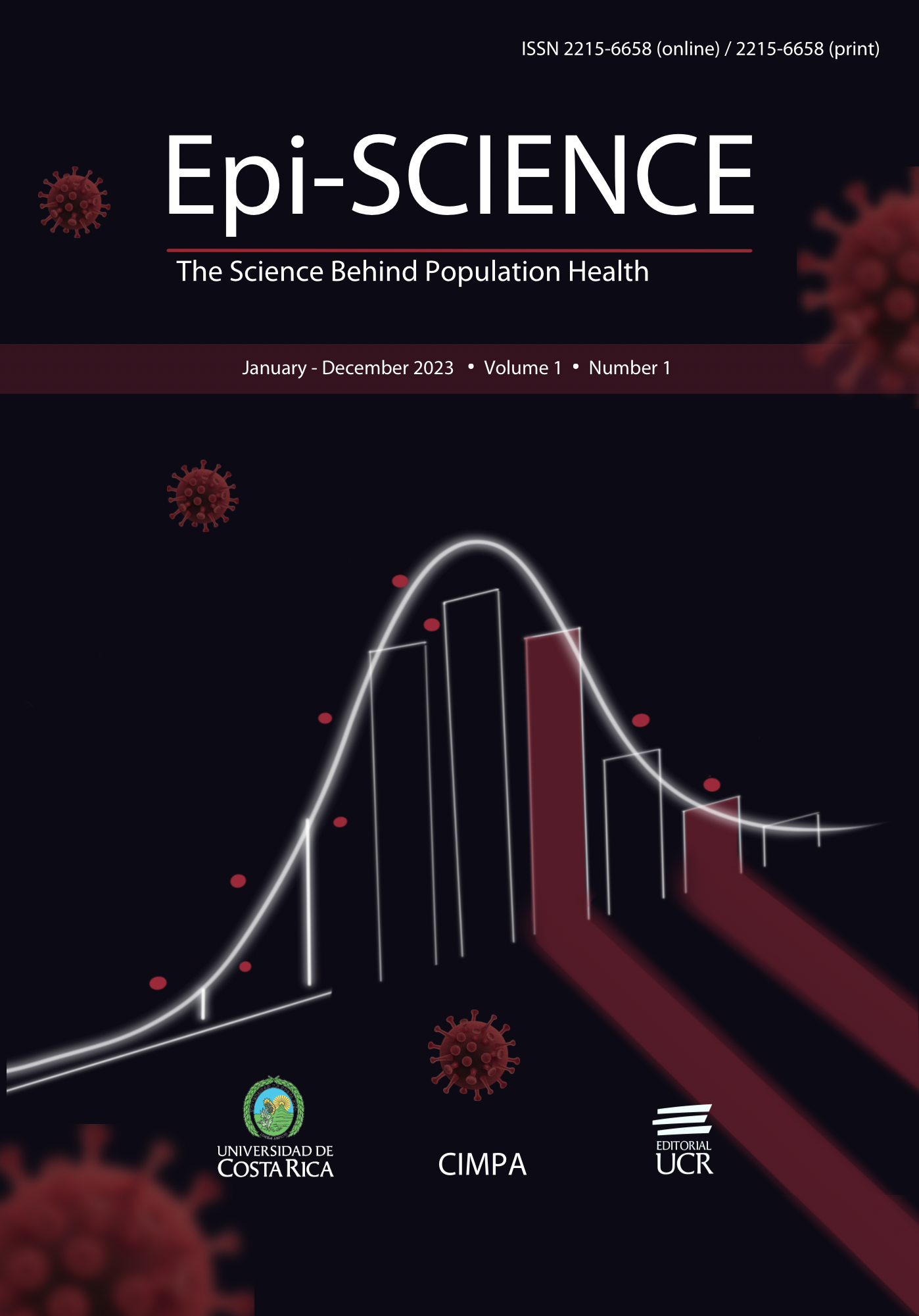Impacto de la elección de la vacunación contra el dengue en el riesgo de Zika: oportunistas y la tragedia de los comunes
DOI:
https://doi.org/10.15517/es.2023.55392Palabras clave:
mejora dependiente de anticuerpos, enfermedad transmitida por vectores, respuesta inmune, modelo de coinfección, seropositividad al dengueResumen
La vacunación contra el dengue, que lleva mucho tiempo en desarrollo, se ha vuelto controvertida ya que puede causar un aumento dependiente de anticuerpos (ADE) en los seronegativos para el dengue. En caso de falla parcial de la vacuna, ADE aumenta la gravedad de los casos y también puede afectar las infecciones por Zika, ya que los dos virus están estrechamente relacionados.
Desde una perspectiva individual, la vacunación de otros parece beneficiosa, pero vacunarse uno mismo puede aumentar el riesgo de ADE y, por lo tanto, de enfermedades graves, para ambas enfermedades. Desde una perspectiva a nivel de la población, se espera que la vacunación reduzca la propagación del dengue pero aumente la incidencia del Zika. Sin embargo, la investigación previa de modelos matemáticos ha demostrado que, en algunos casos, una pequeña cantidad de vacunas contra el dengue puede reducir el tamaño final de un brote de Zika a pesar de aumentar su capacidad de propagación. Este estudio reconcilia estos resultados y luego evalúa los riesgos individuales tanto para los vacunados como para los no vacunados para conectar con temas más amplios en decisiones de vacunación complejas, como los oportunistas y la tragedia de los comunes. Un nuevo hallazgo sustancial es que un brote dual puede cambiar la decisión de vacunación que minimiza el riesgo, en comparación con los escenarios de un solo brote.

